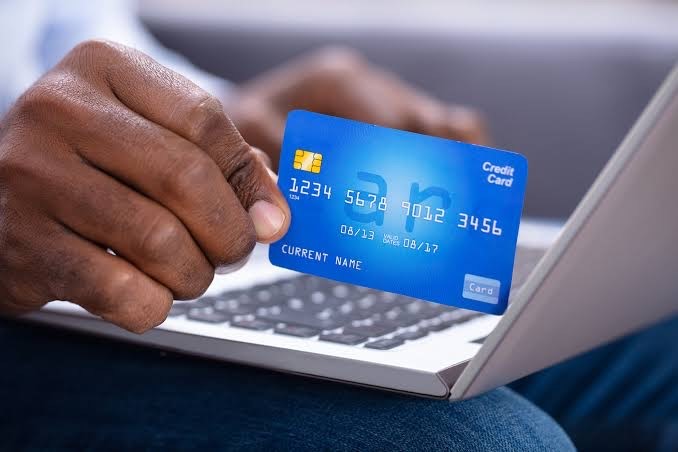Building a credit score is one of the most important factors in your financial life in a fast-paced economy like the United States of America. Although you can get by with a low credit score, like renting an apartment, having a high credit score has its advantages.
According to Investopedia, a credit score is a three-digit number that rates your creditworthiness. The scores range from 300 to 850. Also, the higher the score, the more likely you will get approved for loans and better rates.
A credit score is determined by your credit history, which includes information on the number of accounts, total debt levels, repayment history and other factors. Lenders use this information to evaluate your creditworthiness in terms of repaying loans in time. In other words, they use your credit score to determine whether to approve you for services like mortgages, personal loans, and credit cards and what interest rates you will pay.
In the U.S., there are three major credit bureaus: Equifax, Experian, and TransUnion. They collect, analyze and disburse consumer information in the credit market.
The Fair Isaac Corp., popularly known as FICO, is the most common credit model created and used by financial institutions to calculate your credit score. As an immigrant in the US, you should aim for a credit score of 700 and upwards to improve your standing with lenders and perhaps, lower your interest rates.
This article shall reveal seven (7) easy ways to get a good credit score as a newcomer in the US.
How to get good credit score as newcomer in the U.S.
Apply for a Social Security number
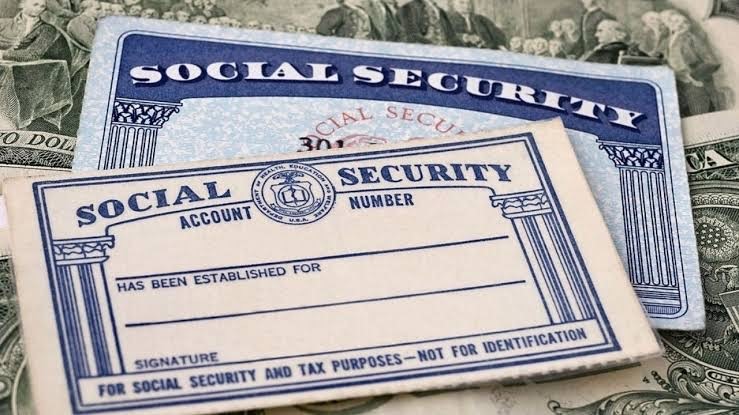
Credit card issuers and banks often ask for your SSN to verify your identity before approving a credit card or loan. However, you might not get an SSN, depending on your immigration status. An alternative is an ITIN issued by the Internal Revenue Service (IRS). ITIN is available for certain non-resident and resident aliens and their dependents who do not qualify for an SSN.
Apply for a credit card

Be sure to apply for a secured credit card as an insecure credit card may give you a tough time building a credit score if you do not have a credit history. Once you have got a credit card, deposit a certain amount of money to set up the account. Then make sure you make your payments on time to build a positive credit history. With time, you may switch to an unsecured card without making a deposit.
Use your credit card responsibly

Being financially responsible will help you build a credit score. Pay your bills on time and try not to max out your card, if possible. Make efforts to spend below the credit limit. The Consumer Financial Protection Bureau (CFPB) recommends keeping your credit utilization below 30%.
Pay your rent and utilities on time

On-time payment history for things like rent, cell phone, internet and electric bills can help you build credit. However, this depends on whether a credit-scoring company includes these bill payments in its calculations.
To be on the safe side, do not fail to pay your bills on time whether it is being calculated or not. Falling behind on your bills can lead to being turned over to a collection agency. A debt collector can make a negative report to the credit bureaus. This can lower your credit score.
Apply for a new credit card only when needed
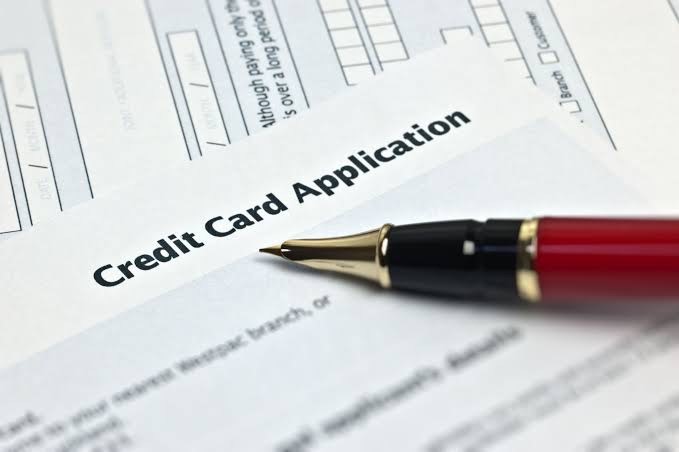
Although it is good to have different kinds of credit cards, it is not recommended to make applications within a short period. This act can trigger a hard inquiry, also called a “hard pull”, which will be listed as a negative change in your credit report.
Hard inquiries can stay on your credit report for two years. Also, making multiple applications can tempt you to overspend, thereby maxing out your credit card.
Monitor your credit
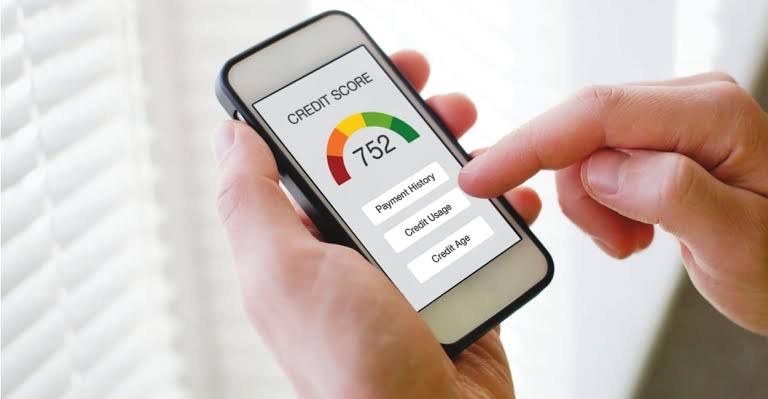
You can monitor your credit to track progress and watch for potential issues. Get a credit report which will provide details on how and when you pay your bills, the amount of debt you owe, and how long you have been managing credit accounts. Review these reports for inaccuracies that will drag your credit score down.
If you find any error, dispute the issue with the concerned agency. You can get free copies of your credit reports from AnnualCreditReport.com.
Become an authorised user
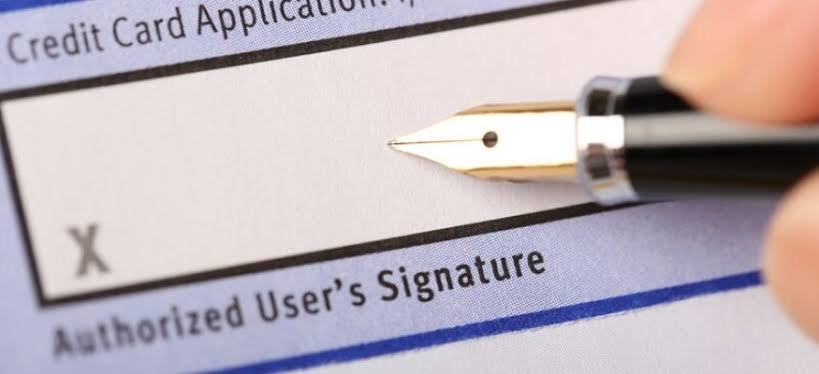
Being an authorised credit card user is a great strategy if you have little or no credit card history. Have someone add you as an authorised user to improve your credit file, lengthen your credit history, and lower your utilization ratio.
However, being an authorised user does not mean that you can have access to the cardholder’s line of credit regularly or give you access to the account.
Bottom line
It takes time to build your credit score as a newcomer in the US. There is no magic formula other than your history with your credit card. So, use your card responsibly and you will be thankful for it soon enough.


